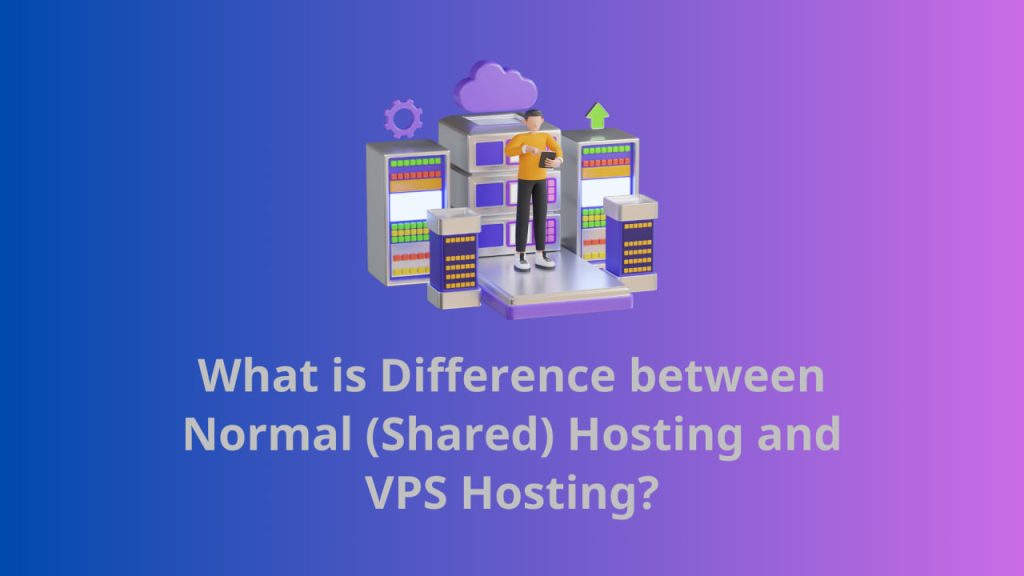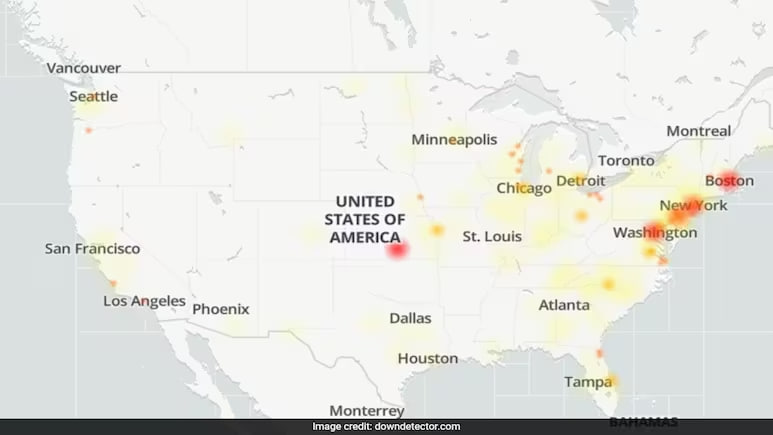Absolutely, diving into the world of web hosting can be a bit daunting, especially with all the different options available. One common comparison is between Normal Hosting (Shared Hosting) and VPS Hosting. Let’s unravel the differences between the two to help you make an informed decision.
Understanding Normal (Shared) Hosting
Imagine a big apartment building where multiple families reside in separate units. Shared hosting is quite similar. Your website shares a server with numerous other websites. Resources like CPU, RAM, and disk space are divvied up among all the sites on that server. It’s an affordable option because the costs are distributed among many users.
Pros of Normal Hosting
1. Cost-Effective: Shared hosting plans are usually the cheapest.
2. **Easy to Manage:** Providers handle server maintenance, security, and technical issues.
Cons of Normal Hosting
1. Limited Resources: Your site’s performance might suffer if other websites on the server experience high traffic or resource usage.
2. Less Control: You have limited control over server settings and configurations.
Exploring VPS Hosting
A Virtual Private Server (VPS) is akin to a townhouse. Each residence has its own space, resources, and a higher level of autonomy compared to a shared apartment building. With VPS hosting, a physical server is partitioned into multiple virtual servers. Each VPS operates independently, having its own dedicated resources and operating system.
Pros of VPS Hosting
1. Enhanced Performance: Since resources are dedicated, your website’s performance is more stable and less affected by neighboring sites.
2. Customization: You have greater control over server configurations, allowing you to tailor settings to your specific needs.
3. Scalability: It’s easier to scale resources up or down as your website grows or experiences fluctuations in traffic.
Cons of VPS Hosting
1. Higher Cost: VPS hosting is pricier compared to shared hosting due to the dedicated resources and increased control.
2. Requires Technical Know-How: Managing a VPS might require more technical expertise or the assistance of a system administrator.
Choosing Between the Two
Shared Hosting
Ideal for small businesses, blogs, or personal websites that don’t expect high traffic or require extensive resources. It’s a cost-effective starting point for beginners.
VPS Hosting
Suited for websites experiencing moderate to high traffic, requiring better performance, security, and customization. It’s more suitable for businesses that need scalability and customization options.
Ultimately, your choice between shared and VPS hosting depends on your website’s needs, budget, and technical expertise. If you’re just starting or have a small website with limited traffic, shared hosting might suffice. However, for greater control, performance, and scalability, VPS hosting might be the way to go.
Always consider your website’s current requirements and future growth prospects before making a decision. Assess your technical capabilities or availability of technical support when opting for a hosting plan to ensure it aligns with your goals and resources.






